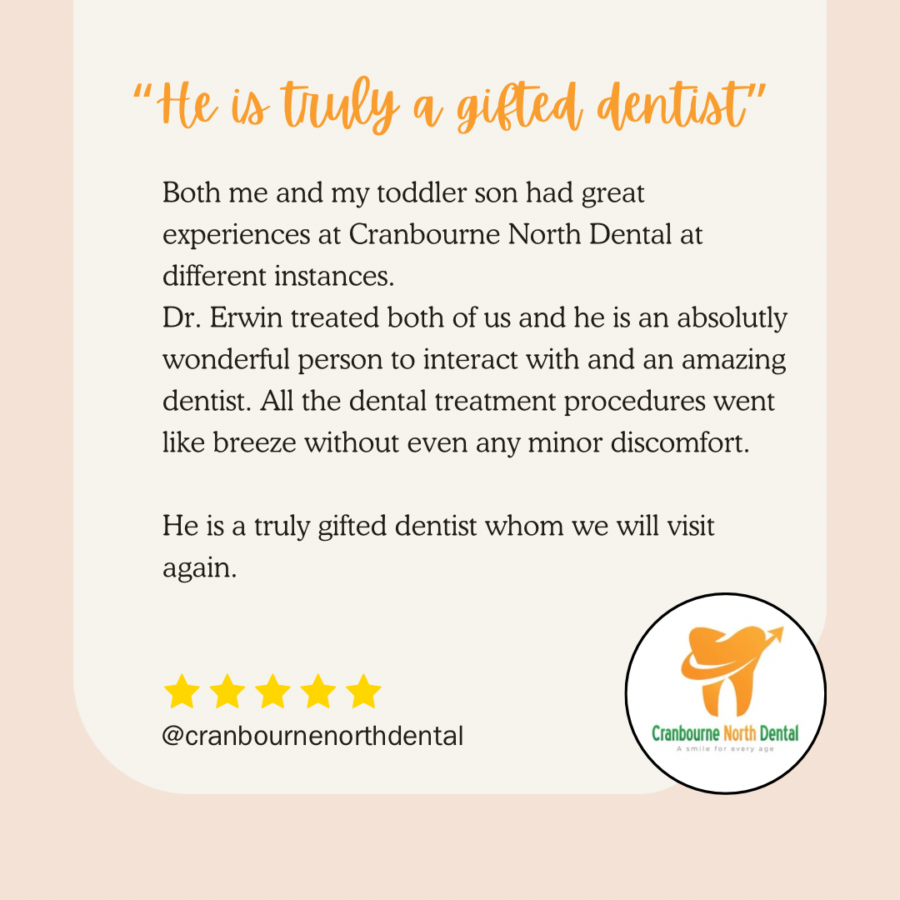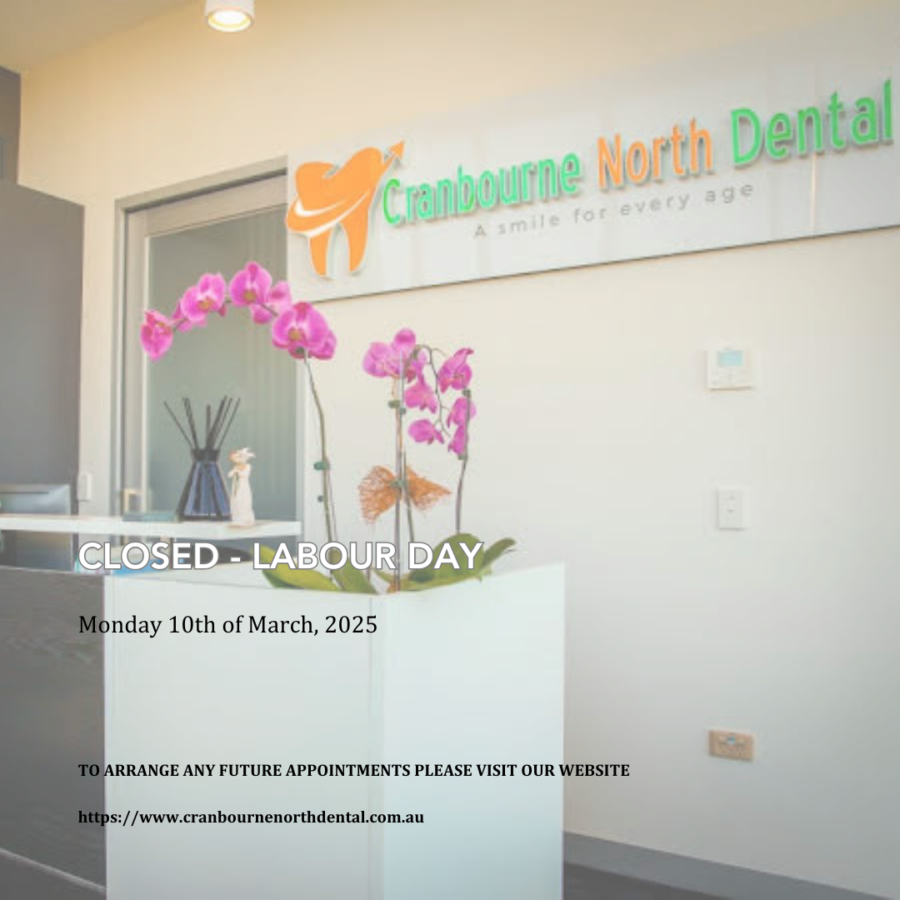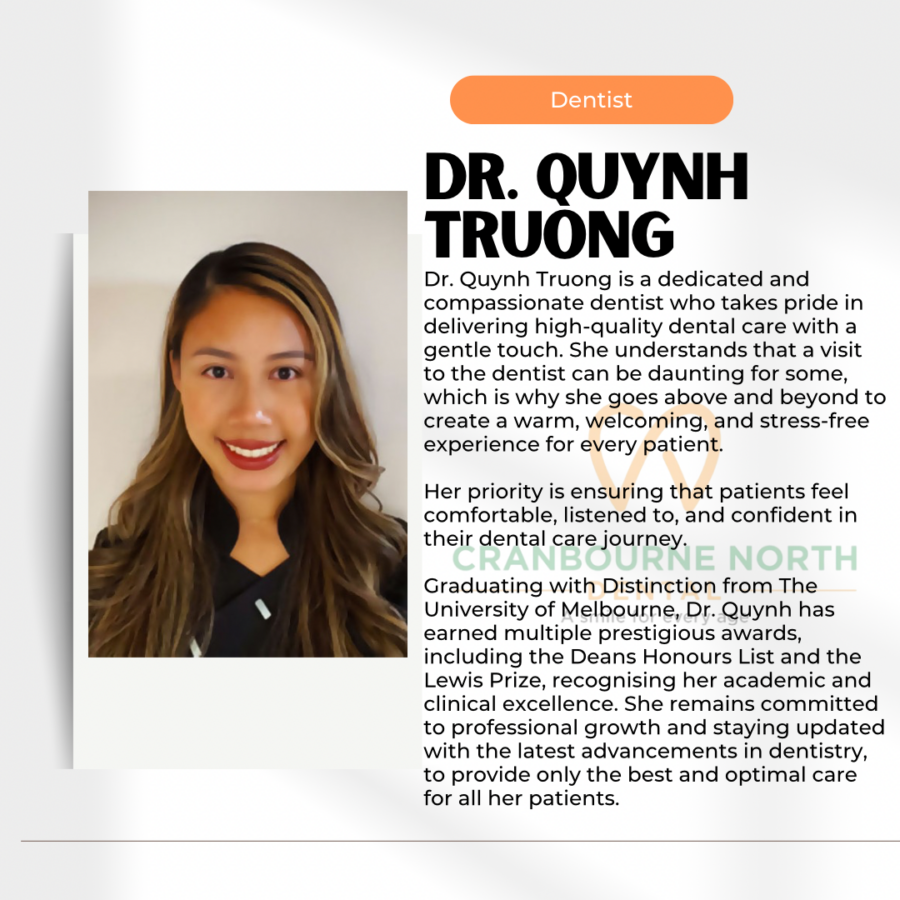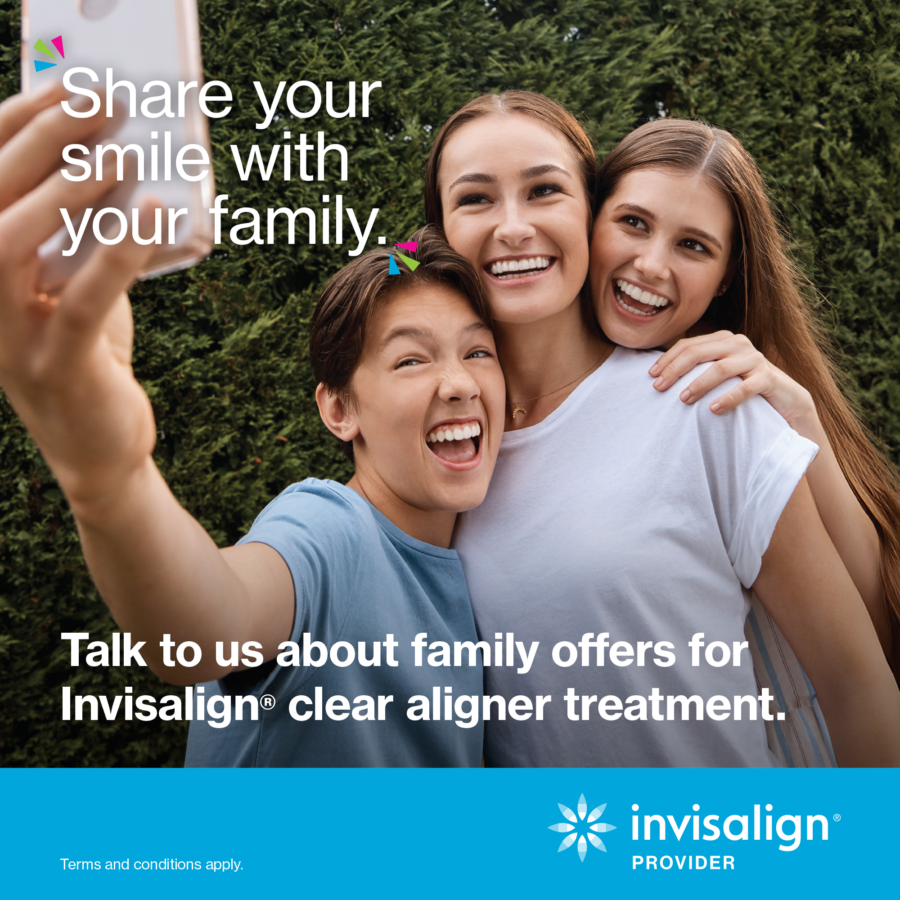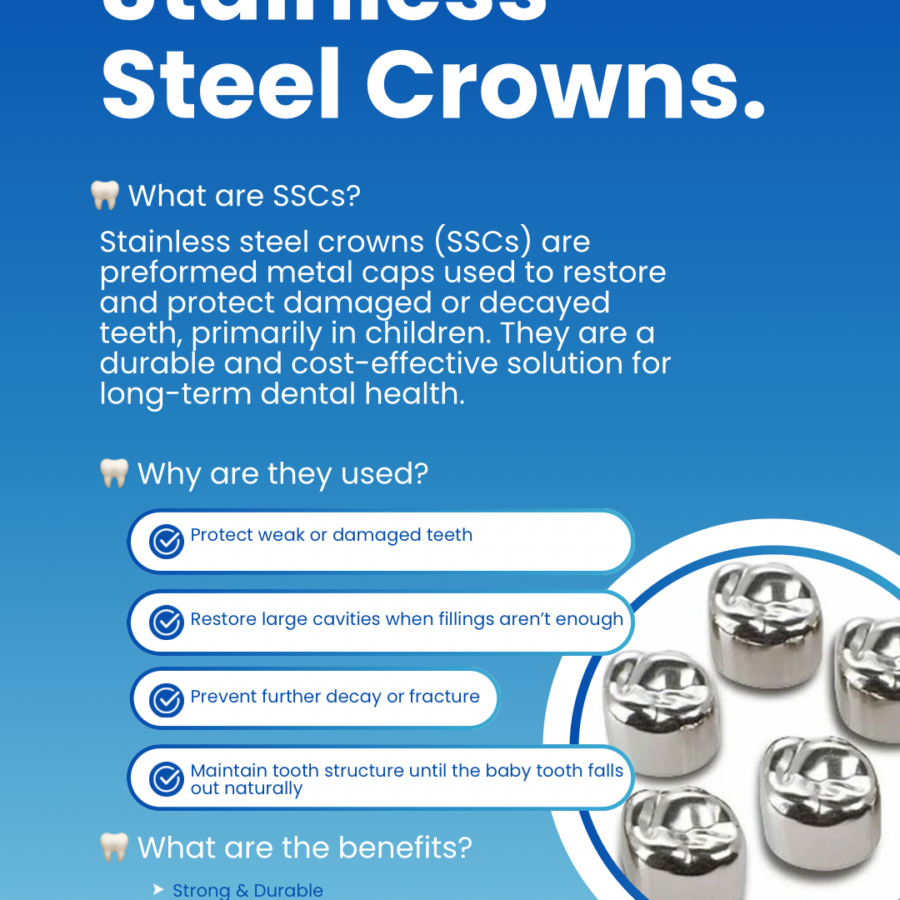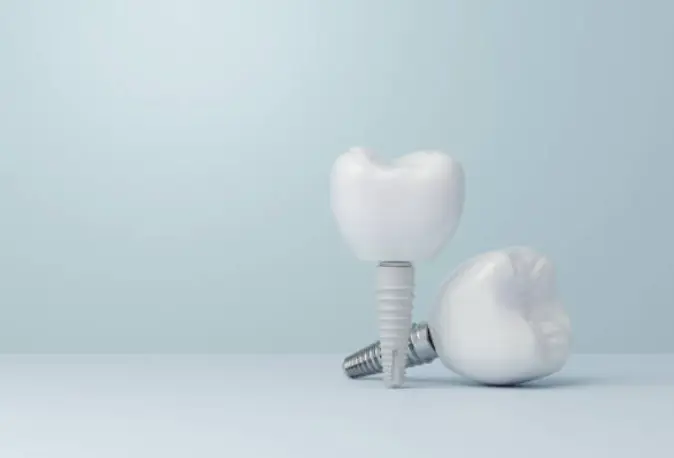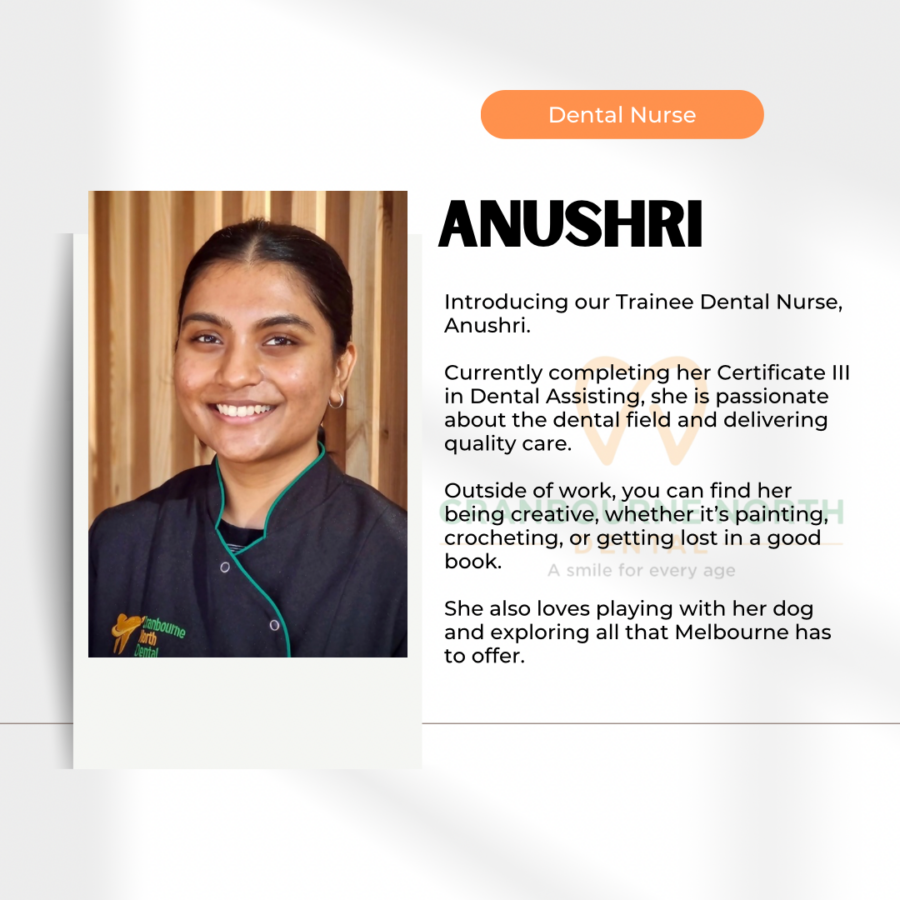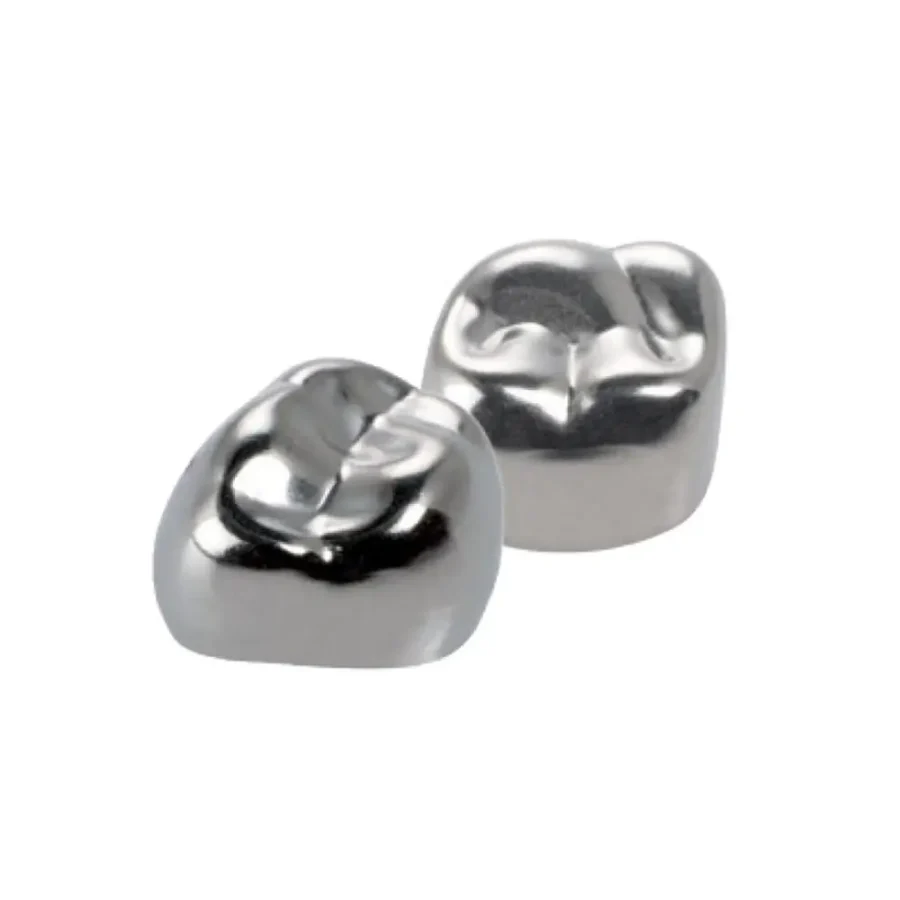What Is an Overbite?
An overbite is a dental condition where the upper front teeth significantly overlap the lower front teeth when the mouth is closed. This overlapping can vary from mild to severe and is measured by the percentage of vertical overlap of the upper teeth over the lower teeth.

Symptoms and Complications
Addressing an overbite is essential for maintaining overall oral health and preventing a range of potential complications. Here are some reasons why treating an overbite is important.
Aesthetic Concerns
Overbites can affect the appearance of your smile, causing the upper teeth to protrude significantly over the lower teeth. This can impact self-esteem and confidence.
Tooth Wear and Damage
Excessive overlapping can lead to uneven wear on the teeth, causing them to weaken and become more susceptible to damage such as chipping or cracking.
Jaw Pain and TMJ Disorders
Misalignment due to an overbite can put extra stress on the jaw joints, leading to temporomandibular joint (TMJ) disorders. This can result in chronic jaw pain, headaches, and difficulty in chewing.
Speech Difficulties
A significant overbite can impact speech, making it challenging to pronounce certain sounds or words correctly, which can affect communication.
Increased Risk of Tooth Decay and Gum Disease
Improper alignment due to an overbite can make it harder to clean teeth effectively, increasing the risk of cavities and periodontal issues. This can lead to further dental complications such as tooth decay and gum disease if not addressed.
What Causes an Overbite?
Several factors can contribute to the development of an overbite, including:
Genetics
Inherited traits can play a significant role in jaw and teeth alignment. If your parents had overbites, you might be more likely to develop one as well.
Prolonged Thumb-Sucking or Pacifier Use in Childhood
Extended use of pacifiers or thumb-sucking habits can affect the alignment of teeth and jaw development. These habits can push the upper front teeth forward and the lower front teeth backward, leading to an overbite.
Misaligned Teeth
Crooked or crowded teeth can lead to an improper bite. When teeth don’t fit together correctly, it can cause the upper teeth to overlap more than usual with the lower teeth.
Jaw Development Issues
Discrepancies in the growth of the upper and lower jaws can result in an overbite. This can occur when one jaw grows faster than the other, leading to a misalignment that affects your bite.
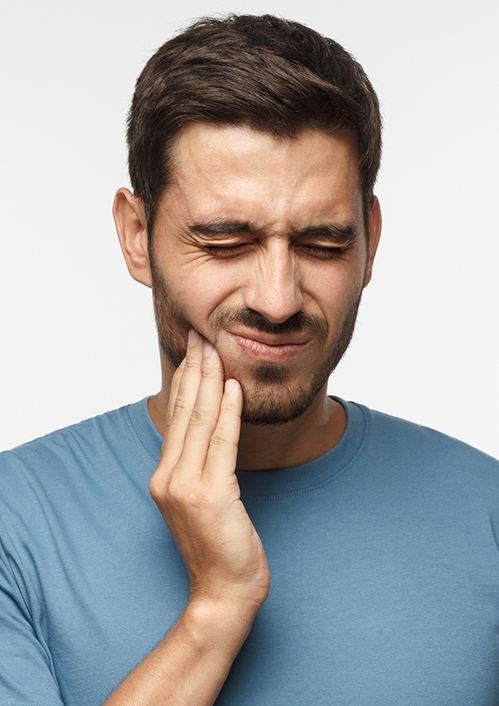
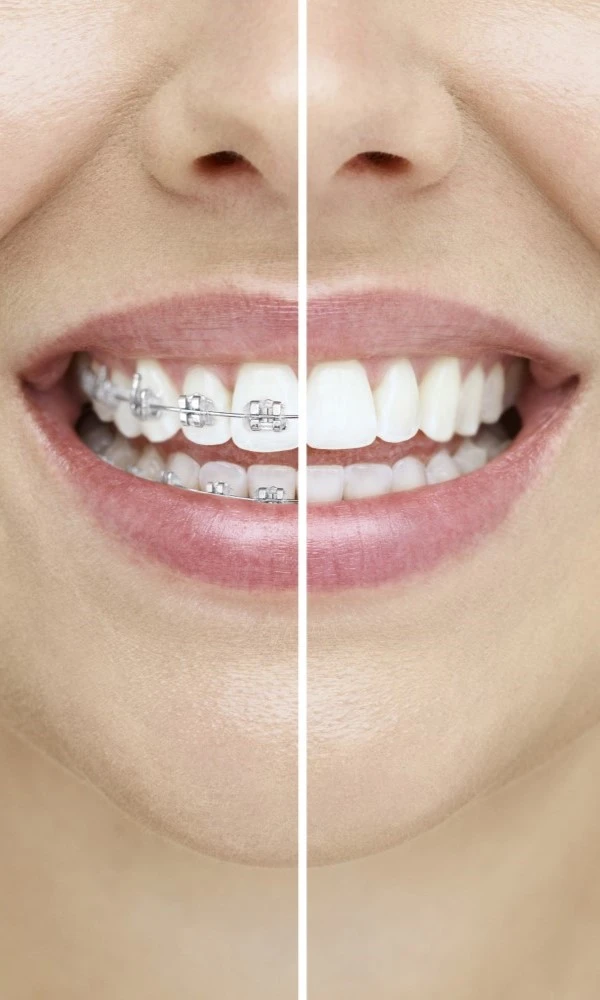
How to Fix an Overbite?
We offer various treatments based on the severity of the overbite and the patient’s age:
Orthodontic Treatment
Orthodontics such as Clear Aligners or traditional braces can correct overbites by gradually aligning the teeth. If you’re wondering, “can braces fix an overbite?” the answer is yes. This method is highly effective for children and teenagers but can also work for adults with proper care and treatment duration.
Invisalign & Clear Aligners
Clear aligners like Invisalign are a discreet alternative to braces, suitable for mild to moderate overbites. These custom-made, removable trays are designed to fit snugly over your teeth and gently move them into the correct position. Wondering if “Invisalign can correct an overbite?”, the answer is yes, it can. Invisalign offers the advantage of being nearly invisible and removable, making it easier to maintain oral hygiene compared to traditional braces.
*For severe cases, particularly in adults, corrective jaw surgery may be necessary to realign the jaws and correct the overbite.
Contact Cranbourne North Dental For Your Overbite Treatments
If you have an overbite, Cranbourne North Dental can help. Our experienced team will assess your situation, identify the underlying cause, and provide personalised solutions to improve your jaw and teeth alignment. Don’t let your overbite affect your oral health — schedule a consultation with us today and take the first step towards a better smile.
Our Treatments
Frequently Asked Questions

Can Braces Fix an Overbite?
Yes, braces are highly effective in correcting an overbite. They work by gradually moving the teeth into proper alignment, which adjusts both the upper and lower teeth, fixing the bite.
Can You Fix an Overbite with Invisalign?
Yes. Clear aligners, like Invisalign, can correct mild to moderate overbites by gently shifting teeth over time. They are a popular option for those looking for a more discreet treatment.
Can a Retainer Fix an Overbite?
Retainers are typically used to maintain results after braces or aligner treatment. They are not designed to correct overbites but help prevent the teeth from shifting back.
Can Veneers Fix an Overbite?
Veneers can improve the appearance of a minor overbite but do not address the underlying structural issue. Orthodontic treatment is necessary to fully correct an overbite.

